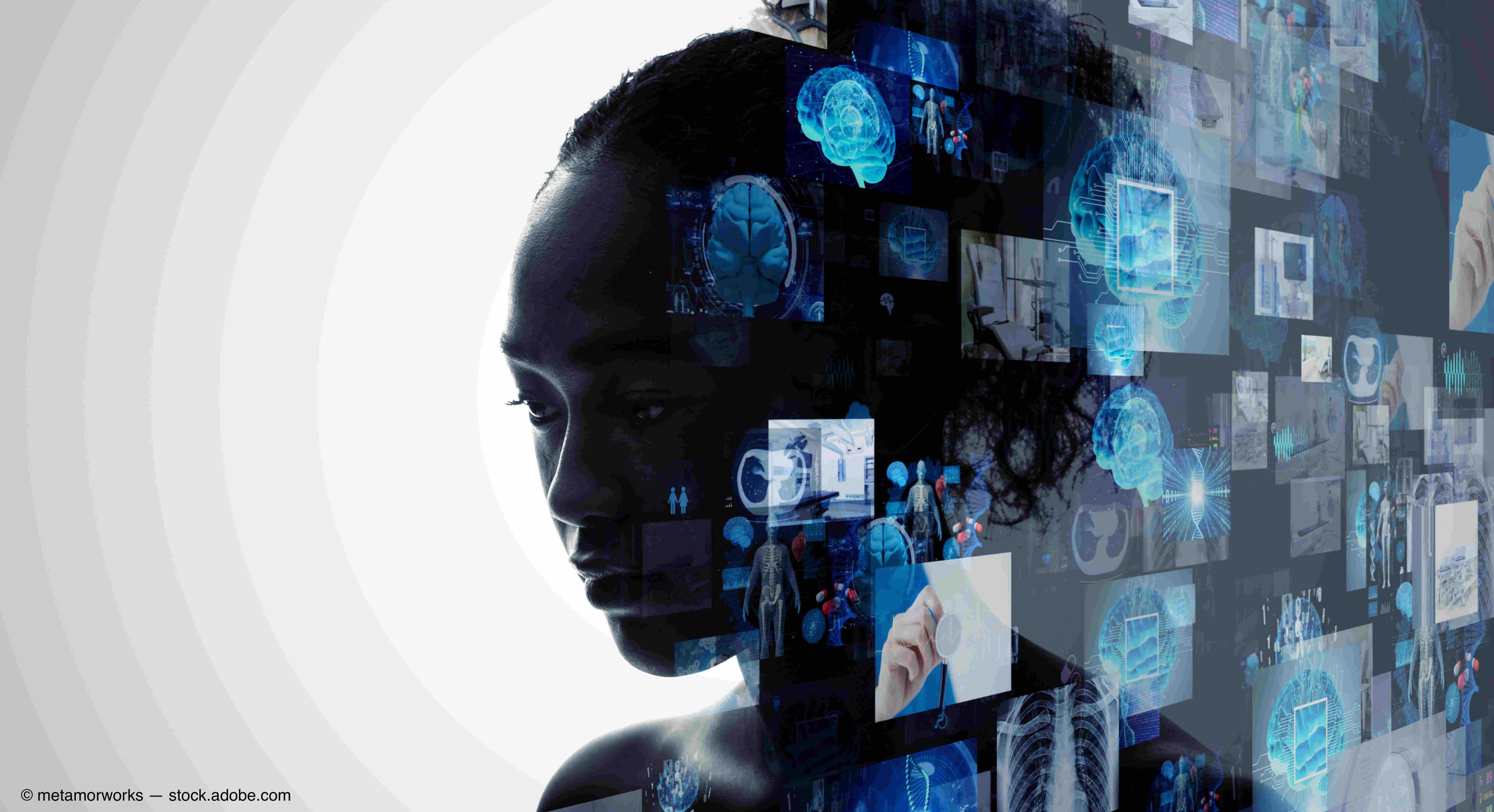
@ShahidNShah


Before the COVID-19 pandemic, retina specialists had limited experience with artificial intelligence (AI) and digital health care, which can include services such as telemedicine. Interactions with AI in retina were perceived as something—although feasible—best kept for future implementation. Digital health care was a vague term, pregnant with promise but lacking a clear use case for daily patient interactions. However, over the past 2 years, retina specialists and their patients have learned how AI may be a tool physicians can use to monitor patients for disease progression, how telemedicine might mean more than a mere video chat between patient and clinician, and how the tools of the 21st century were closer to real-world practice than anticipated.
Continue reading at ophthalmologytimes.com
In recent years, scientists and researchers have devoted considerable resources to developing medical artificial intelligence (AI) technologies. Many of these technologies—particularly those which …
Connecting innovation decision makers to authoritative information, institutions, people and insights.
Medigy accurately delivers healthcare and technology information, news and insight from around the world.
Medigy surfaces the world's best crowdsourced health tech offerings with social interactions and peer reviews.
© 2025 Netspective Foundation, Inc. All Rights Reserved.
Built on Apr 22, 2025 at 4:40am